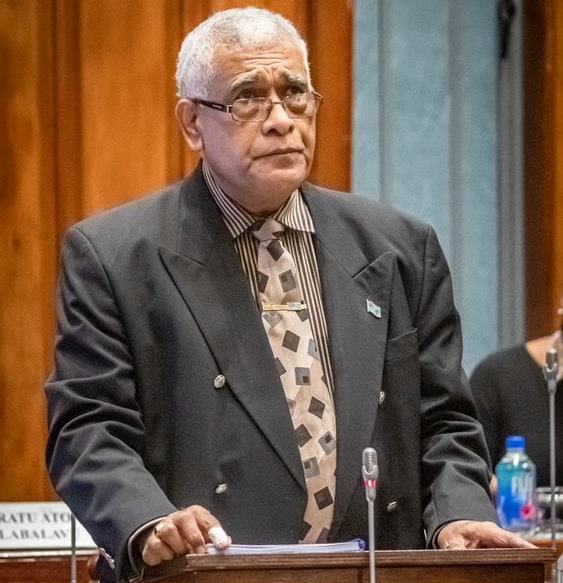Economy Minister Aiyaz Sayed-Khaiyum “has been gambling with the management of public finances for the past seven years and misleading the people of Fiji”.
Opposition Leader Ratu Naiqama Lalabalavu said this, adding that while reviewing the budget figures and trends for the past five years, he found the proposed budget “over-optimistic, very ambitious, unrealistic and impractical”.
“The estimated revenue for the 2021-2022 financial year of $2.1billion is quite optimistic compared to the average actual revenue collection in the last five years, which hovers around $1.6b annually,” he said.
“Average actual expenditure for the last five years hovers around $3.1b rather than the $3.7b proposed in the 2021-2022 budget.”
Ratu Naiqama said there was always a common trend that both revenue and expenditure were “always being over-estimated”.
“The shortfall in revenue collection is so substantial that on average the shortfall in the last five years amounts to $457m annually and under-expenditure of $645m annually.”
The Opposition Leader said the fact of the matter was that the estimated revenue and expenditure was “over-optimistic and unrealistic because of the high variation in estimates against actuals”.
“Whilst we agree that there will be some variation in budgeted and actuals, it is too high and unacceptable.”
He also said the $357.2m to be derived from direct taxes and $1.4b from indirect taxes, $330.3m will be derived from other sources and the balance of $157m from investment receipts was too high and unrealistic taking into account the current status of the economy, and based on previous revenue trends, the target is too high and unrealistic.
“Given the increased unemployment and depressed demand, it is unlikely that the target of $357.2m in direct taxes will be realised at all.”
Ratu Naiqama said with regard to indirect taxes, the target was too high since aggregate demand for goods and services continued to decline — particularly in VAT collection.
“It is anticipated that we will receive $116.3m in direct aid.
“How realistic is this in terms of the direct budget support from our development partners is a big question.
“It is also estimated that revenue of around $210.5m will be generated from the sale of fixed assets.
“How realistic is this figure.”
Ratu Naiqama said the main reason the deficit continued to increase in the past five years was because sales anticipated from assets were not realised.




